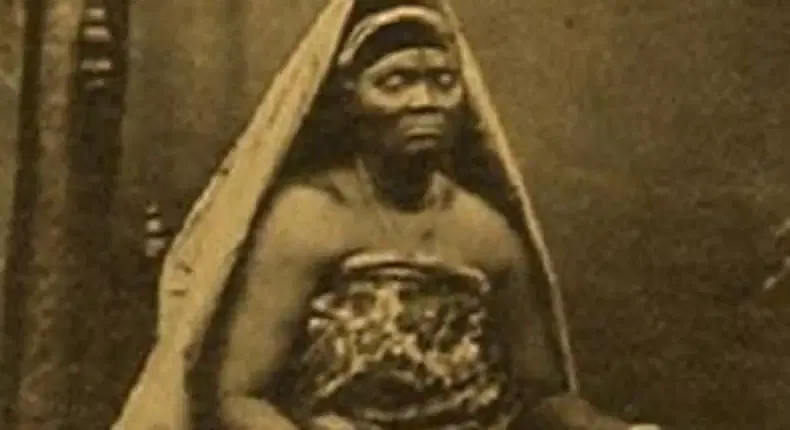Madam Efunroye Tinubu stands out as a remarkable figure in Nigerian history, celebrated for her significant contributions as a business mogul, political leader, and a fierce opponent of colonial rule. Born in the late 18th century, she navigated the challenges of a male-dominated society, emerging as a powerful woman in Yoruba land. Her life and legacy exemplify the resilience and resourcefulness of many women of her time.
Key Aspects of Her Life and Legacy
Business Mogul:
Madam Tinubu established a formidable business empire in Badagry, trading in tobacco, salt, and slaves. She skillfully leveraged connections with influential figures, such as Oba Adele, to expand her trade and enhance her economic power.
Political Influence:
Her political influence was substantial within the Yoruba political landscape. Tinubu played a crucial role in elevating her brother-in-law, Akitoye, to the throne, demonstrating her considerable sway in palace politics.
Commercial Concessions:
In 1851, under the reign of Oba Akitoye, Tinubu was granted favorable commercial concessions that allowed her to continue trading in slaves for guns with Brazilian and Portuguese traders, thus solidifying her economic influence.
Land Ownership:
Tinubu acquired significant land from Akitoye, including areas that are now known as Tinubu Square and Kakawa Street in Lagos. This acquisition further established her status and influence in the region.
Resistance to Colonial Rule:
As a fierce opponent of colonial policies in Lagos, Tinubu was one of the first women to actively resist British rule during the colonial period, reflecting her commitment to her people’s autonomy and rights.
Military Authority:
During the reign of Dosunmu, she commanded a substantial security force composed of slaves, holding considerable military authority and sometimes executing orders directly on behalf of the king.
Expulsion from Lagos:
In 1856, her nationalistic actions led to rising tensions with British Consul Benjamin Campbell, who instigated her expulsion from Lagos. She relocated to Abeokuta but continued to play an influential role in her new environment.
Iyalode Title:
After contributing to the defense of Abeokuta during the Dahomey invasion in 1863, she was honored with the title of Iyalode (first lady) in 1864, granting her a powerful voice in Egba affairs and elevating her status within the community.
Diverse Trade Activities:
Following the ban on the slave trade, Tinubu shifted her business focus to internal trade, dealing in goods such as palm oil, pepper, and tobacco. She became a leading middleman in Lagos, adapting her business strategies to the changing economic landscape.
Legacy and Death:
Madam Efunroye Tinubu passed away in 1887, leaving behind a rich legacy. Tinubu Square in Lagos is named in her honor, and she was buried in the Ojokodo Quarters of Abeokuta, ensuring that her contributions to Nigerian history continue to be recognized and celebrated.

